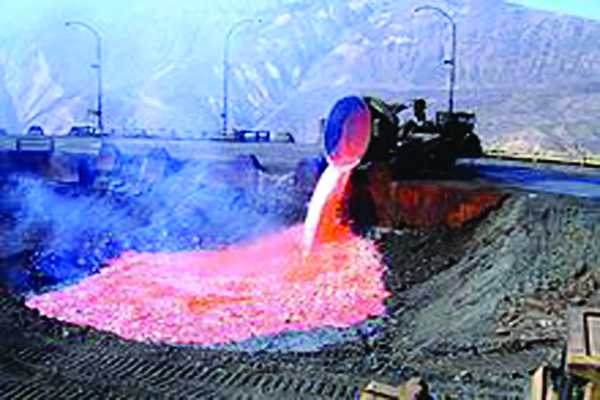Taking Control
Monitoring social media sites and noting some of the issues that seem to preoccupy people, I have to wonder at the amount of general ignorance there is out there.
I use the word ‘ignorance’ in its purest form, i.e. from the Greek root ‘scio’ meaning to know, with a negative prefix, thus a lack of knowledge, a state of not knowing; and one of the topics that never ceases to amaze me is that of price controls.
Yes, I know what you’re going to say – with the exception of fuel, we don’t have any in this country. I know that, you know that so how come so many others out there don’t?
Apparently a lot of people believe that somewhere in the statues, by-laws or local government ordinances there are rules governing the prices of food, clothing and even the cost of building plots, as I saw last weekend.
One person was complaining that the price of a bottle of orange squash was too high in one store, another that the government should put a cap on house and land prices because current levels weren’t fair to first-time buyers and let’s not forget the hoary old chestnut that rears its head over and over again – that of (mainly clothing) franchises and chains, charging like for like rand to pula on their stock.
In fact we should all be thanking our lucky stars that Botswana has a free market economy, sustained by a robust and resilient economy which means virtually no foreign exchange restrictions and allows for the free flow of goods both in and out of the country. Speaking as someone who suffered in neighbouring Zambia in the late ‘70s and early ‘80s when the copper-based economy had failed due to lack of global demand for the metal, the other side of the free market coin is disaster and misery.
No money in the coffers meant no forex which meant next to no imports which meant shortage of everything that wasn’t manufactured there and even shortages of things that were made there but relied on forex for vital machinery parts or some components. Necessities became luxuries and luxuries were wish lists and pipe dreams.
As for the concept of price controls, do people not realise that far from driving the economy, they drive businesses away? So what if a small general dealer in the rural areas charges more than a city supermarket for a bag of sugar or a bottle of squash?
Remember these small operators don’t have the big purchasing power of the major supermarket chains so they can’t demand big discounts from suppliers. Instead they have to accept the fixed prices of stock from local wholesalers and furthermore they have to make costly trips to town to buy and collect sock; and their travel expenses have to be costed into the selling price back in the village.
And remember, they are not charitable bodies – they are commercial enterprises out to try and make a living offering a service that is not being provided by anyone else; so if local residents wish to avail themselves of the convenience of a local shop, they must be prepared to pay the going rate.
The alternative is for them to take themselves off to town and buy in the supermarkets, bearing in mind the cost of their own time and transport and the fact that they can only make the journey at intervals and they must therefore fork out the cash to buy in bulk themselves or run the risk of running out of essentials.
As for the rand-pula parity in non-food retail, the answer is simple – if you don’t like the price, don’t buy! You too can make a trip down south and buy in rands at rand prices but when you add in your petrol, air fare or coach ticket, have you really saved any money?
And do you think those goods appear in local stores by magic? Of course not – they are transported up here in large trucks which cost a small fortune to keep on the road and therein lies the answer why they can’t retail for the exact same price here as their country of origin.
Finally, the land and house price issue which of course is closely tied into the high cost of rentals and that again is the result of a free market economy and the principles of supply and demand. If someone is willing to pay the price, the plot or house will be sold or the property rented out – if not, they will lie undeveloped, unsold and empty – it may not seem fair but the only alternative is the principle of communism, dragging everyone down to the same level and making everyone just as wretched!
I’m going to finish with my one perennial moan about our local retailing situation and one which does go against the principles of the free market and that is the import bans of certain products when there is a perceived glut locally.
Such bans restrict our freedom of choice as consumers and worse, force us over a barrel in terms of pricing. We are robbed of choice and I have to say, in many cases, just robbed. I’ve made this plea so many times before and it falls on deaf ears but that won’t stop me repeating it.
I’d be more inclined to buy local if I wasn’t made to by being given Hobson’s choice.






